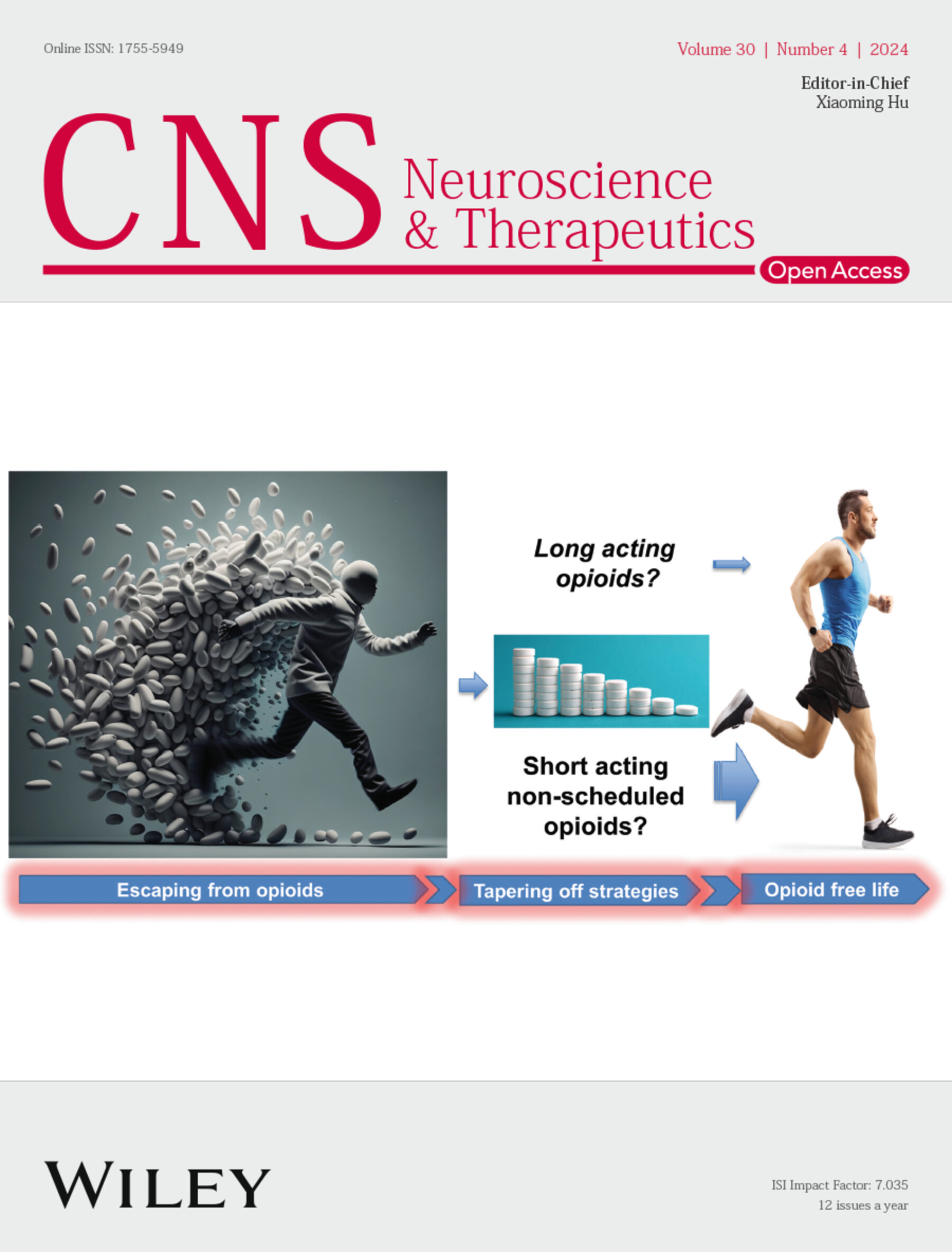Efficacy and Safety of Bilateral Deep Brain Stimulation (DBS) for Severe Alzheimer's Disease: A Comparative Analysis of Fornix Versus Basal Ganglia of Meynert
Abstract
Background
Deep brain stimulation (DBS) is a novel therapy for severe Alzheimer's disease (AD). However, there is an ongoing debate regarding the optimal target for DBS, particularly the fornix and the basal ganglia of Meynert (NBM).
Objective
This study aimed to investigate the safety and efficacy of DBS for severe AD and to compare the fornix and the NBM as potential targets.
Methods
We conducted a prospective, nonrandomized clinical study involving 20 patients with severe AD (MMSE score 0 to 10, CDR level 3) from January 2015 to August 2022, comprising 12 males and eight females, with a mean age of 59.05 ± 6.45 years. All patients underwent DBS treatment, among which 14 received bilateral fornix implantation, while six received bilateral implantation in the NBM. Electrical stimulation commenced 1 month postoperatively. We assessed the patients before surgery, followed by evaluations at 1 month, 3 months, 6 months, and 12 months poststimulation. Primary outcome measures focused on changes in cognitive function, assessed using the MMSE, MoCA, ADAS-Cog, and CDR scales. Secondary measures encompassed quality of life, caregiver burden, neuropsychiatric symptoms, and sleep disturbances, evaluated through the BI, FAQ, FIM, ZBI, NPI, HAMA, HAMD, and PSQI scales.
Results
All patients tolerated DBS well, with no serious adverse effects reported. Early on, DBS significantly improved cognitive function and quality of life. Long-term benefits include the improvement of neuropsychiatric symptoms and sleep disorders and the alleviation of caregiver burden. Comparison between DBS targeting the NBM and fornix revealed no significant differences in overall scale scores. However, upon deeper analysis, NBM-DBS exhibited a more pronounced improvement in neuropsychiatric symptoms, particularly in NPI scores.
Conclusion
DBS is a potential therapeutic approach for severe AD, capable of improving patients' cognitive function, quality of life, and neuropsychiatric symptoms. Notably, NBM-DBS showed distinct advantages in ameliorating neuropsychiatric symptoms, providing valuable insights for clinically selecting the optimal DBS target.
Trial Registration
ClinicalTrials.gov identifier: NCT03115814


 求助内容:
求助内容: 应助结果提醒方式:
应助结果提醒方式:


